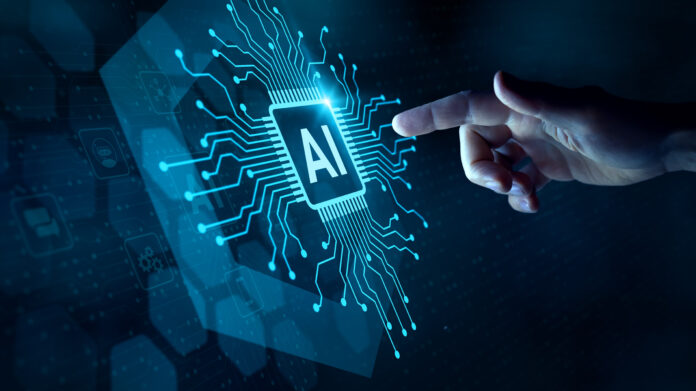June 19, 2025 – Washington, D.C. – Generative artificial intelligence (GenAI) is rapidly gaining ground in U.S. courtrooms, prompting excitement, caution, and debate about its role in shaping the future of justice.
Once viewed with skepticism due to early missteps, GenAI is now used by judges for legal research, lawyers for case preparation, and even by litigants seeking to express themselves more clearly in court. But as the technology evolves, so do the stakes for the justice system.
“It’s probably used more than people expect,” said Daniel Linna, a law professor at Northwestern Pritzker School of Law. “Judges don’t necessarily talk about it openly, but many are experimenting with it.”
In a landmark case, GenAI allowed a murder victim, Chris Pelkey, to “speak” at the sentencing of his killer. His sister, Stacey Wales, created a video avatar using AI to deliver his message of forgiveness. The presiding Arizona judge commended the presentation, calling it authentic and impactful.
“It humanized Chris in the eyes of the judge,” Wales said.
Such cases highlight the powerful potential of GenAI. Lawyers like Stephen Schwartz in Maine describe it as a helpful and time-saving tool. He uses platforms like ChatGPT, LexisNexis Protege, and CoCounsel for research but warns of its limitations.
“You can’t completely rely on it,” Schwartz said. “We’ve seen AI cite fake cases or mix up legal facts. You have to double-check everything.”
Indeed, concerns persist. In one instance, a federal judge in Los Angeles fined two law firms over $31,000 in May for submitting a GenAI-generated filing riddled with errors, calling it a “collective debacle.”
Beyond professional use, some individuals without legal representation are turning to GenAI to navigate court proceedings, sometimes with disastrous results. Experts warn that as GenAI makes it easier and cheaper to draft legal filings, overburdened courts may see a surge in cases.
“We need to prepare,” said Shay Cleary of the National Center for State Courts.
Still, Linna believes GenAI can help close the justice gap. “We have millions who lack access to legal services,” he said. “If used responsibly, these tools can be transformative.”
Federal judges have begun acknowledging GenAI’s use in written opinions, and Linna notes that GenAI can influence legal outcomes just like a human clerk, sometimes uncovering more persuasive information than a human might.
As courts grapple with how to integrate GenAI responsibly, one thing is clear: its role in shaping the delivery of justice is no longer hypothetical, it’s happening now.
Written By Rodney Mbua



















